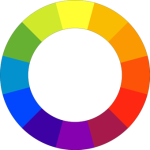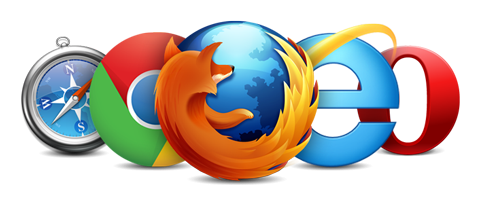Web development is a lot of trial-and-error. With PHP and JavaScript, most of it is logical; X happens and Y is true therefore Z will happen. But when you get into formatting (like rounded corners, testing column widths, making faux columns and so on), you have to write your CSS formatting code and then test it out. If it's not to your liking, you change it. There's no real logic about it.
Python is probably the easiest language I've come along, for use as an introductory language anyway. I, myself, started on HTML, then moved onto JavaScript, ActionScript 2.0, C++, and so on, but when I took my computer science class in September I was forced to use Python. Since I knew the class would be a breeze anyway, I had some fun learning Python. (Thank God it wasn't Perl.)
Sorting arrays is one of the simplest things for the human mind, but to put it into code is a little different. We can look at the numbers 7, 4, 4, 12, and 5 and know what order they go into (4, 4, 5, 7, 12), but to a computer the numbers are just numbers and don't really mean anything. They're simply a tool for the program to do something with; as far as the computer cares, the order is irrelevant.
But many, many programs require sorting. Imagine a tax recording program, that has to sort by value. Imagine a spreadsheet program that has to sort cells by date added. Perhaps you have a game that sorts users by score. Even the text you're reading now is stored in MySQL and is sorted by date added (or ID).
No matter how you slice it, programs have a need to sort things, be it numerically or otherwise. But especially for beginner programmers, thinking of how our brain sorts those numbers isn't so easy.

I'm quite a fan of C++. It gets the job done, it's fairly easy to comprehend from a logical view, and it provides total control over everything you need to do. I like Python for different reasons; it's very flexible, i.e. in terms of variable types and syntax.
I really wanted to get a solid journal of everything I did and didn't like about each of the five browsers on the net, Mozilla Firefox, Microsoft Internet Explorer, Google Chrome, Apple Safari, and Opera. So I'm putting this up to compare and draw differences between several key features of the browsers themselves.



